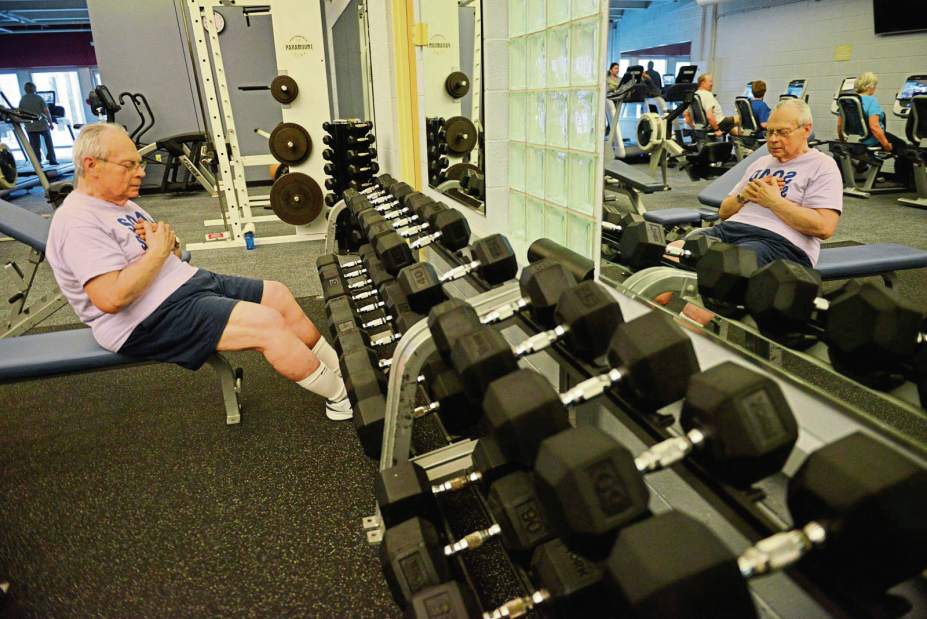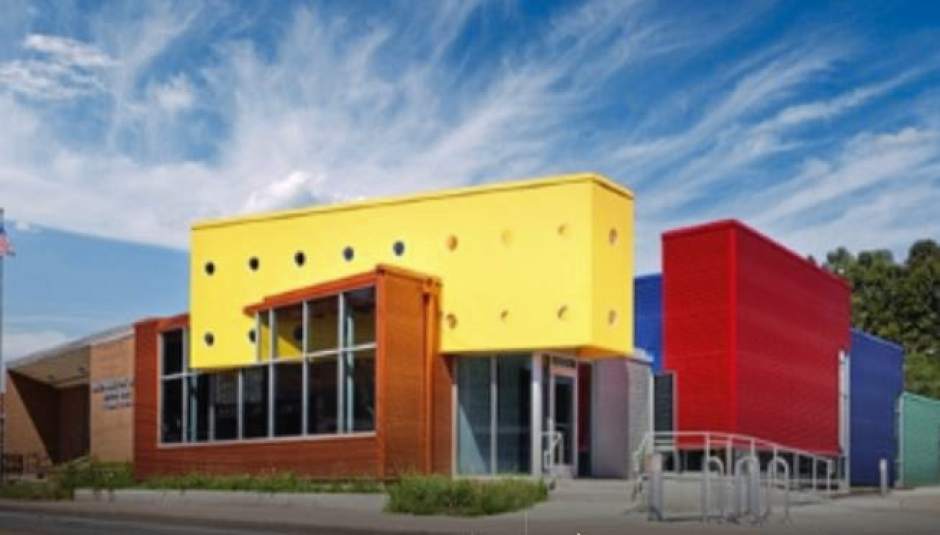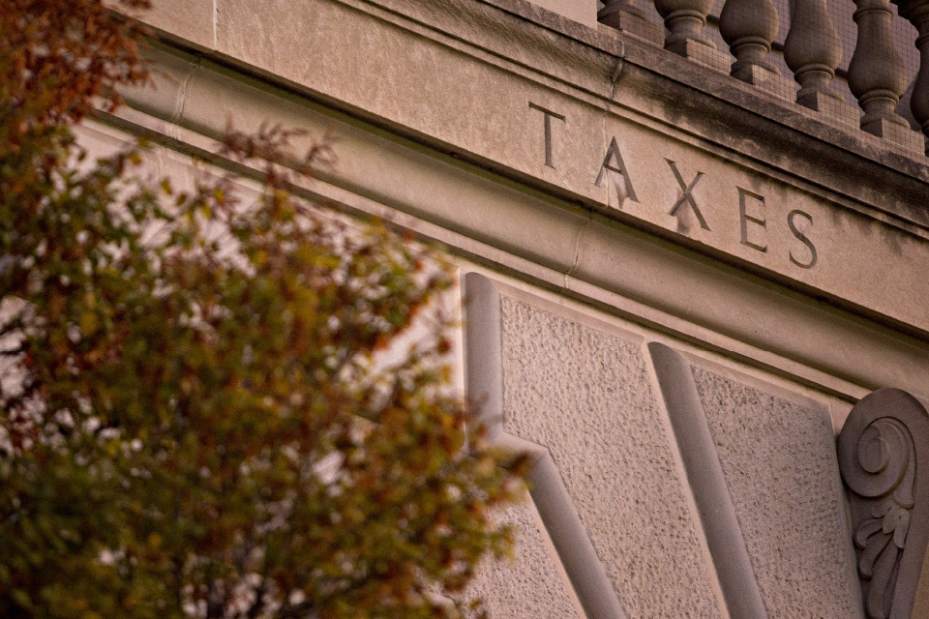In a few short weeks, 2007 will be gone and another year will be entered into the history books.
But there is still time to recognize a historical milestone that already has taken place: the 200th anniversary of the founding of southern Indiana County's Black Lick Township -- an area that, at the time, included the same-named town and what would become Burrell Township.
Black Lick Township was formed on March 30, 1803, from Armstrong Township. Burrell Township, in turn, was carved from Black Lick Township, in 1853--named for Judge Jeremiah Burrell.
According to a sesquicentennial history of the Black Lick area, from 1957, the name derived from the creek that flows through the community--so called for its black rocks and deer licks.
Some of the first residents of Black Lick and environs were Samuel McAnulty, Samuel Eckles, John Cunningham and David Short. George Mulholland was the first storekeeper, David Berry the first blacksmith.
The first major enterprise east of Black Lick Creek was a gristmill built in 1839 by Walter Bell. It gave rise in 1848 to the small hamlet of Bell's Mills--now part of the village of Josephine, just north of today's town of Black Lick. A maker of barrel staves, a sawmill and a stone quarry soon popped up nearby.
Black Lick Manufacturing Company made fire brick and tile, beginning in 1869. In 1873, the company was purchased by E.G. Mildren, who doubled its size and capacity, with round-the-clock operations a work force of 100 men and boys and a monthly payroll of $1,900. Its products included chimney tops, fire clay dust and gas retorts.
It also established a company store that saw much business under the management of C. Moore.
In 1905, Corrigan, McKinney and Company purchased the Bell's Mills property, formed the Josephine Furnace and Coke Company and, between 1906 and 1911, erected two blast furnaces for the production of pig iron--fueled by 6,000 acres of coal holdings in Burrell Township.
The village's original structures were razed and 165 new homes were constructed for the company's workers. At one point, 200 or more men labored for the company, earning a combined $25,000 per month.
The Marshall Foundry, later known as Valley Mold and Iron Works, is another former industry that played a part in the growth of the Black Lick area. The company gave rise to the Black Lick suburb of Marshall Heights, to house its employees and executives. After it had changed hands and expanded, the factory made acid tanks during World War I. It moved to Sharpsville, Pa., in 1923.
Other industries included an enameling works and a glass works; the E. A. Schooly Torpedo Works, which turned out torpedoes, flares and railroad caps; the S. J. Sides Lumber Company, which cut ties for railroad and mining use; the Elite Printing Company, later the Commercial Printing Company, owned by the local Palmer family.
Past retail establishments included: the general stores of J. H. Bell and Company, G. M. Ferraro and W. J. Lyda; grocery stores operated by Sumner Graff, L. B. Johnston, John Kokas and the Grater Brothers; Joe Shapiro's and Silman Hanna's apparel shops; the confectionary and jewelry store of S. Dikton; W. G. Baughman's garage and blacksmith shop; and the Singer sewing store of D. S. Porter.
D. A. Palmer and Son was a multi-service establishment, including hardware, furniture, groceries and an undertaking business. Boasting that it provided "Everything from the Cradle to the Grave," it also was touted as the "Long Store with the Short Price."
For transportation, the community eventually was served by both the Pennsylvania Railroad and by the Buffalo, Rochester and Pittsburgh Railroad.
Black Lick gained its first financial institution in 1907, when the First National Bank opened with capital of $25,000. It later was taken over by Citizens' Bank and Trust Company of Indiana.
One of the community's older organizations was the Odd Fellows Lodge, organized in 1907 at the old Josephine mill. It moved to two different locations in Black Lick, the last of which currently is occupied by the Sheetz convenience store.
A local lodge also was established by the Grand Army of the Republic and a branch of the YMCA was active in the 1920s.
For other forms of recreation, local athletes could turn to the Twin City baseball team or a Black Lick-based girls' ball team, captained by Henrietta Dixon.
An 18-member town band, led by Fred Duraud, provided musical entertainment in 1906. A literary society met in the town's schoolhouse every Saturday night, to socialize and enjoy entertainment.
The Palmer Opera Company engaged various theatrical companies to perform nightly shows in the town.
The Palmer Theater, operated by Jesse D. Palmer, was one of Indiana County's first major theaters. A special street car was scheduled to transport patrons from surrounding communities to the shows.
Today, Black Lick is served by a an active volunteer fire department.
The town has its own post office and is the site of the Burrell Township office and one of two major township parks.
Wastewater treatment is provided by the Burrell Township Sewer Authority and public water is provided by the Lower Indiana County Municipal Authority, although discussions have been under way for potentially merging the latter authority with one of its neighboring water suppliers.







